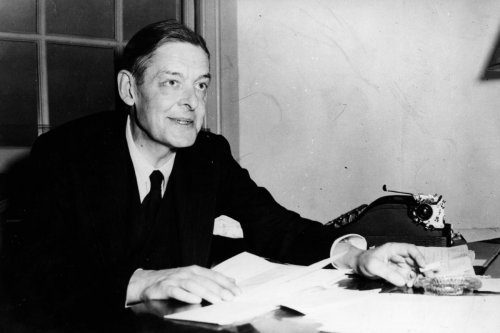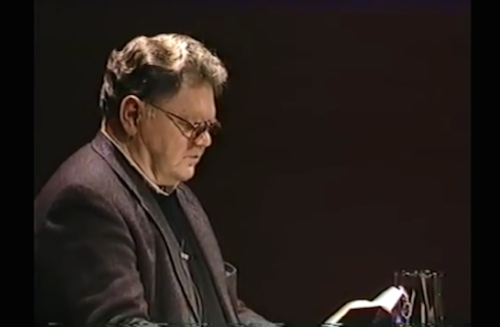I know if I find you I will have to leave the earth
and go on out
over the sea marshes and the brant in bays
and over the hills of tall hickory
and over the crater lakes and canyons
and on up through the spheres of diminishing air
past the blackset noctilucent clouds
where one wants to stop and look
way past all the light diffusions and bombardments
up farther than the loss of sight
into the unseasonal undifferentiated empty stark
And I know if I find you I will have to stay with the earth
inspecting with thin tools and ground eyes
trusting the microvilli sporangia and simplest
coelenterates
and praying for a nerve cell
with all the soul of my chemical reactions
and going right on down where the eye sees only traces
You are everywhere partial and entire
You are on the inside of everything and on the outside
I walk down the path down the hill where the sweetgum
has begun to ooze spring sap at the cut
and I see how the bark cracks and winds like no other bark
chasmal to my ant-soul running up and down
and if I find you I must go out deep into your
far resolutions
and if I find you I must stay here with the separate leaves










Comment form: